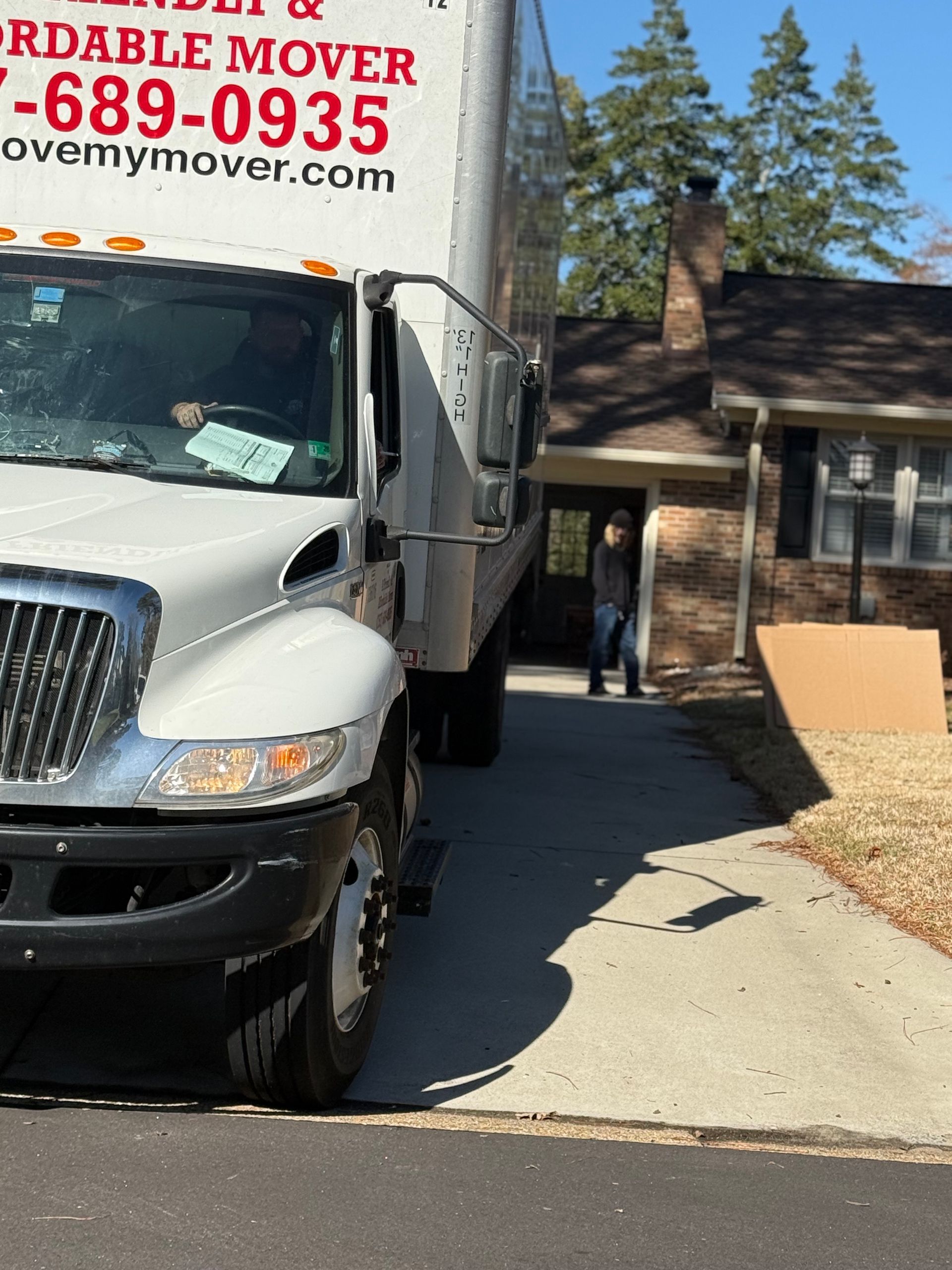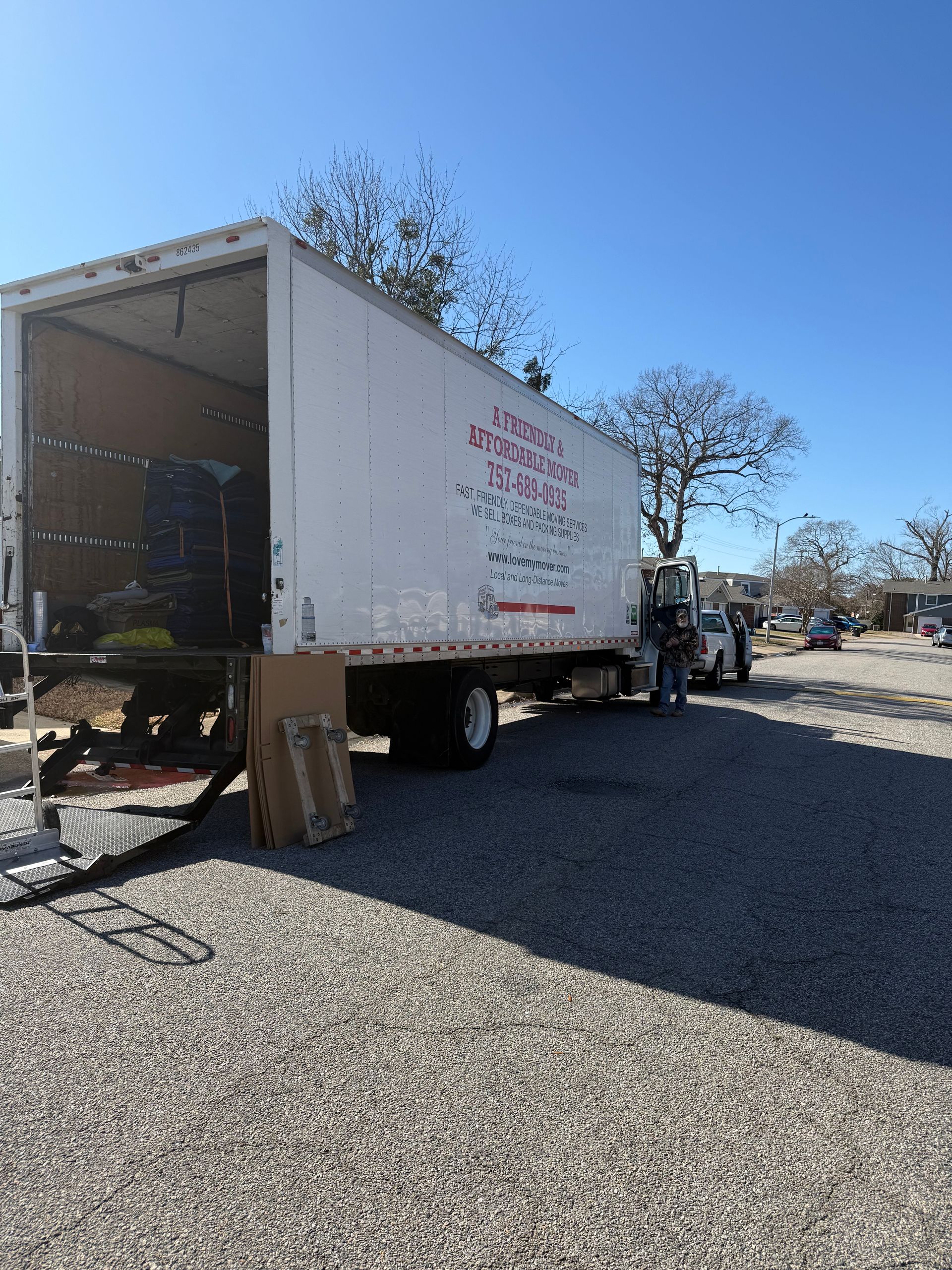PCSing Soon? Your Ultimate Guide to a Stress-Free Military Relocation

Relocating as a military family, commonly known as a Permanent Change of Station (PCS), is an inherent part of service life. While the prospect can often feel overwhelming – a complex blend of logistics, paperwork, and emotional adjustments – it doesn't have to be a source of undue stress. Our aim with this ultimate guide is to transform your PCS experience from a daunting task into a well-managed, even empowering, transition.
Understanding the PCS Landscape: Information as Your Greatest Ally
The foundation of a stress-free PCS lies in robust information and proactive engagement. The military has established comprehensive systems to support your move, and leveraging these resources effectively is paramount.
1. Engage Early and Often with Official Channels:
* Transportation Management Office (TMO): This is your primary hub for household goods (HHG) shipments, personally procured moves (PPM/DITY), and vehicle transportation. Schedule your initial briefing as soon as you receive your orders. They will walk you through entitlements, weight limits, and the scheduling process.
* Finance Office: Understand your financial entitlements, including Dislocation Allowance (DLA), Temporary Lodging Expense (TLE), and per diem rates. Proper financial planning can significantly alleviate stress during the transition period.
* Housing Office (On-Base & Off-Base):Whether you plan to live on or off base, connect with the housing office at your gaining installation. They can provide vital information on availability, waitlists, application procedures, and local rental markets.
* Medical & Dental Facilities: Initiate the transfer of medical and dental records early. For families with special needs or ongoing medical treatments, this is a critical step to ensure continuity of care at your new duty station.
2. Master Your Documents: The Power of Organization:
A dedicated "PCS Binder" or a secure digital folder is non-negotiable. This central repository should contain:
* Official Orders:Multiple copies, both physical and digital.
* Key Contacts: TMO, finance, housing, gaining unit leadership, real estate agents (if applicable).
* Checklists:Utilize military-provided checklists and create your own tailored versions for personal belongings, family needs, and pet requirements.
* Rceipts: For all PCS-related expenses, especially if undertaking a PPM.
* Important Records:School transcripts, medical records, vaccination records (for pets too!), insurance policies, and vehicle titles. Digitizing these documents and storing them in a secure cloud service provides an invaluable backup.
3. Beyond the Boxes: Holistic Planning:
A PCS involves more than just moving physical possessions. Consider the broader impact on your family:
* Education:Research schools in your gaining area, understand enrollment procedures, and explore support services for children.
* Spouse Employment: Begin networking and researching job markets or remote work opportunities in advance. Connect with spouse employment programs offered by the military.
* Pet Relocation: Understand the specific requirements for pet travel (airline regulations, international import laws, veterinary needs) well in advance, as these can be complex and time-consuming.
Emotional Preparedness:Acknowledge that change can be stressful. Plan for downtime, family activities, and opportunities to explore your new community.
By approaching your PCS with a foundation of knowledge and a commitment to proactive organization, you empower yourself to navigate the complexities with confidence, transforming what could be a stressful ordeal into a streamlined, successful transition to your new home. In the following sections, we'll delve deeper into each of these areas, providing actionable steps and expert insights to guide you every step of the way.
In summary, while a Permanent Change of Station is an undeniable constant in military life, it doesn't have to be synonymous with overwhelming stress. By approaching your PCS with a proactive mindset and utilizing the structured guidance provided in this ultimate guide, you are well-equipped to navigate the complexities of relocation with confidence and efficiency. Remember, meticulous planning, timely execution, and leveraging available resources are the cornerstones of a successful transition. Embrace this next chapter not as a burden, but as a well-managed step in your military journey.











